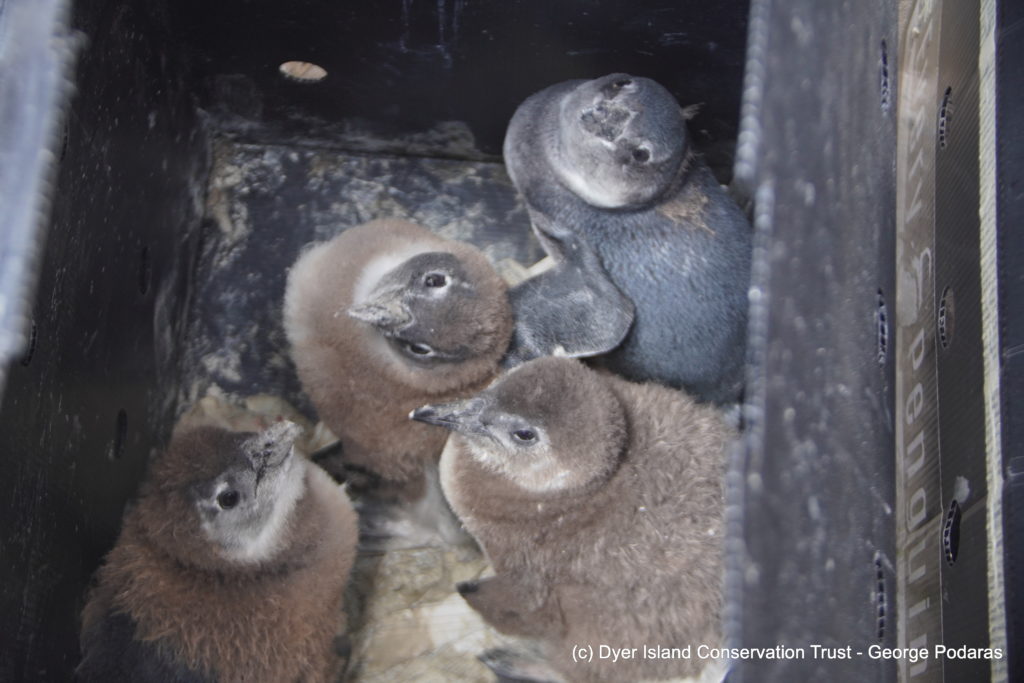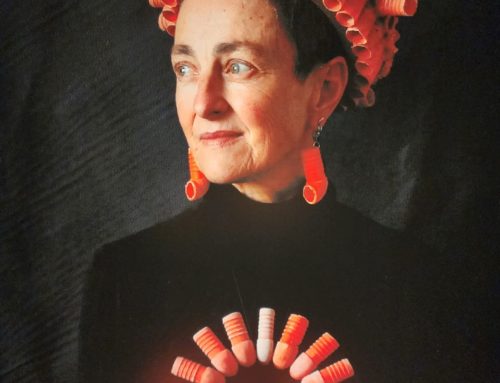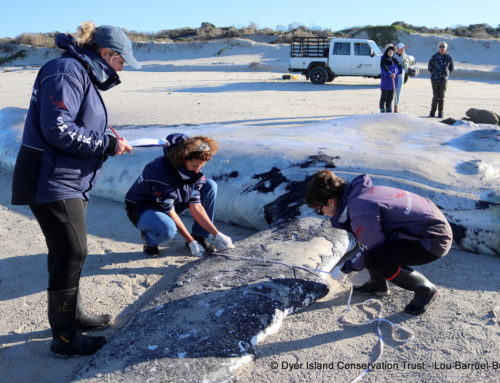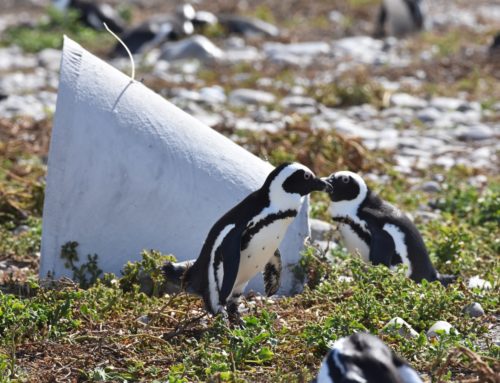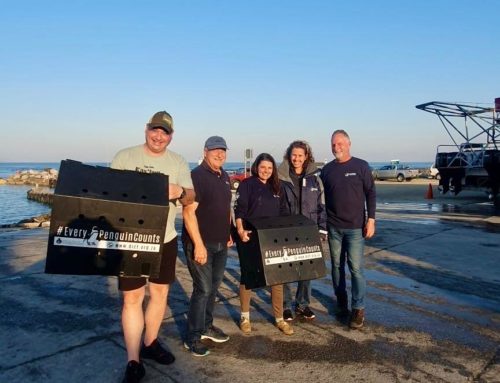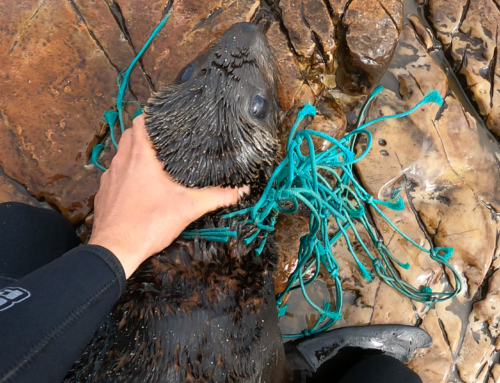We need your support. The African Penguin and Seabird Sanctuary has admitted a large number of young African penguins from Dyer Island.
The outbreak of Avian Influenza amongst wild seabirds in the Western Cape has seen an estimated 21172 dead birds with 13195 birds dying on Dyer Island off Gansbaai. The Cape Cormorant remains most affected with 20558 dead Cape Cormorants recorded to date.
The current Avian Influenza outbreak has hit Dyer Island hard and 102 African penguins have been reported dead in the Western Cape, the majority on Dyer Island. The island is in “Dyer straits” Help us re-build, please. CapeNature – the management authority for Dyer Island has worked tirelessly with the APSS to ensure that all compromised penguins have been removed. We need your help to care for these chicks. Due to the extra quarantine requirements and additional precautions the cost of rehabilitating the chicks have increased. In the past the APSS relied on donations from tourists and visitors to the sanctuary. We have now been impacted by two pandemics, one bringing the world to a standstill and one decimating our seabird population.
* Updated figures as of 7th December on the outbreak of Avian Influenza amongst wild seabirds in the Western Cape has seen an estimated 23 853 dead birds with 14416 birds dying on Dyer Island off Gansbaai. The Cape Cormorant remains most affected with 23157 dead Cape Cormorants and 136 African penguins reported dead in the Western Cape, the majority on Dyer Island. Report supplied by the Western Cape Government.*
Daily food – R2400 = R16 800 per week for next 6 weeks = R100 800.00
https://www.givengain.com/cc/powertothepenguins/
https://dict.org.za/…/african-penguin-seabird-sanctuary/
An avian influenza outbreak amongst wild birds is a devastating wave that you unfortunately must ride out. There is no cure or intervention to treat affected birds. The best action is to lower the viral load in the environment by removing sick birds and carcasses from the environment.
CapeNature staff on Dyer Island is working around the clock to ensure that carcasses are removed as swiftly as possible. Slowly but surely the tide is turning. The number of carcasses removed has dropped from a high of over 500 per day to roughly 65 per day. We thank every CapeNature staff member who has been part of this effort.
So why on earth would we remove African Penguin chicks from Dyer Island?
It is not because African Penguins are bad parents, in actual fact they do a really good job to raise and feed their young in spite of some challenging circumstances. October-November is the end of the breeding season, chicks are suppose to be fat & healthy and ready to be kicked out of the nest to start fending for themselves.
The parents are faced with a dilemma, not only do they have to feed their young, they also need to undergo a full feather change. This means that they have to build up enough fat reserves (about 3 times their normal body weight) to stay on land for their entire moult because they are not waterproof and therefore they cannot hunt. Due to a variety of circumstance, some parents start their moult before their offspring has reached the fledgling stage. These chicks will either starve to death on the island or venture into the ocean without the required amount of fat reserves to allow them to survive the challenges of the wild.
In a perfect world one could argue that this is a natural process of selection, but then in a perfect world man would not have removed millions of penguin eggs to be consumed as a delicacy, or scraped tons of guano off the penguin nesting islands. Removing the guano robbed the penguins of their insulated, protected burrows. They were forced to nest on the surface, exposing both their eggs & chicks to opportunistic predators like sea gulls. They also did not ask to be covered in toxic oil.
So we do not reside in a perfect world and therefore we need to take some active conservation measures to try and prevent the possible extinction of one of South Africa’s most iconic animals. The predicted date for extinction from the wild is 2026. At the moment #EveryPenguinCounts. With less than 1% of the original African Penguin population left in the wild we need to act. Removing underweight chicks & chicks of moulting parents and hand raising them is but one part of the bigger African Penguin Biodiversity Management Plan.
One donation from you, is one small step towards preventing the extinction of the African penguin.
South African, UK, And US donors can receive tax benefits https://dict.org.za/donate/
Youtube link:
